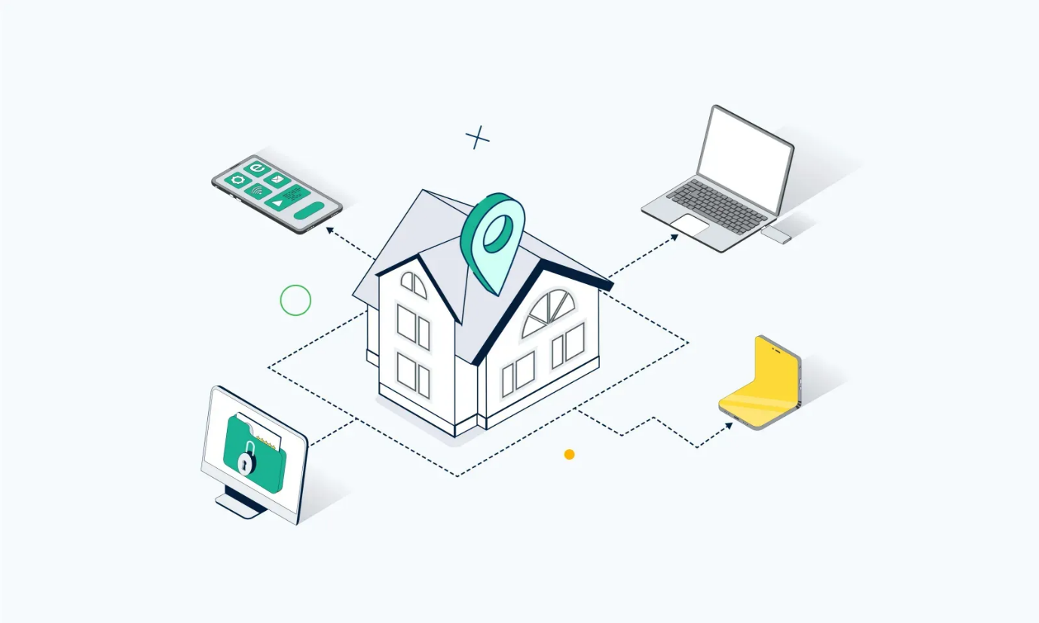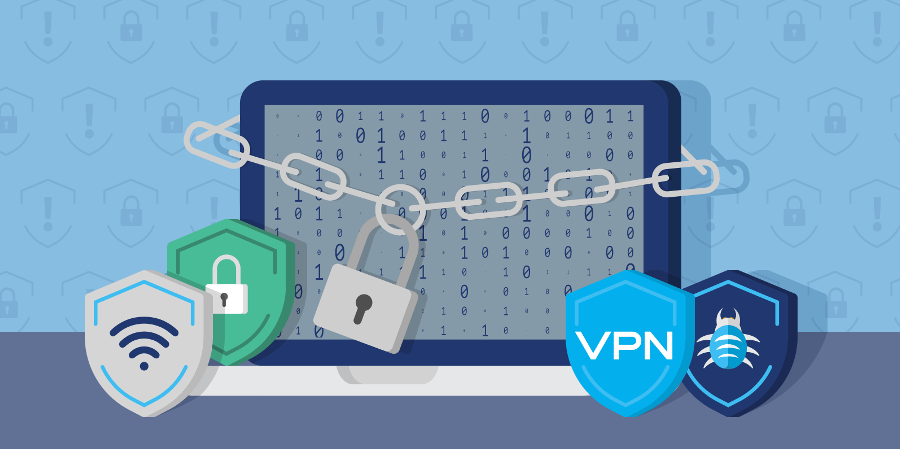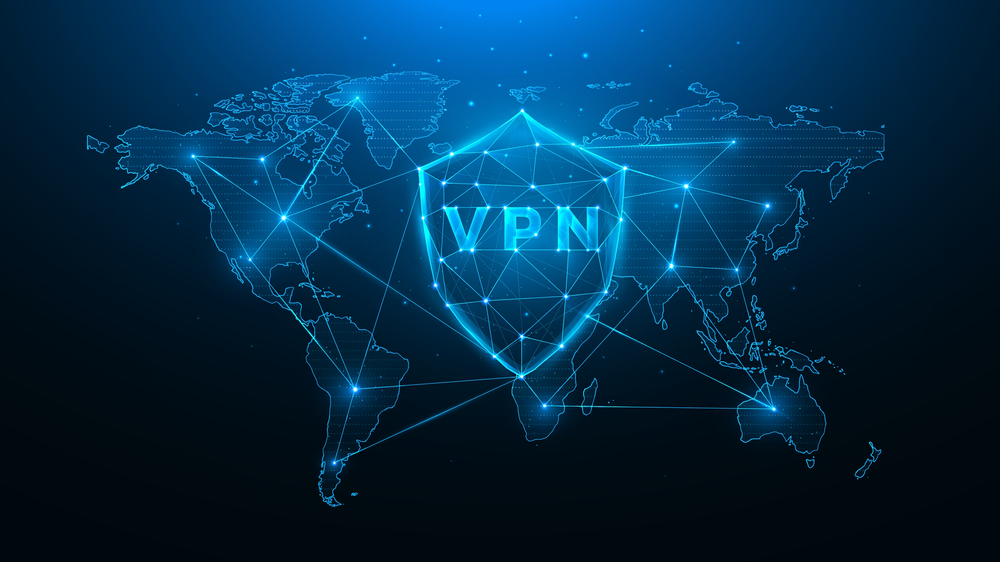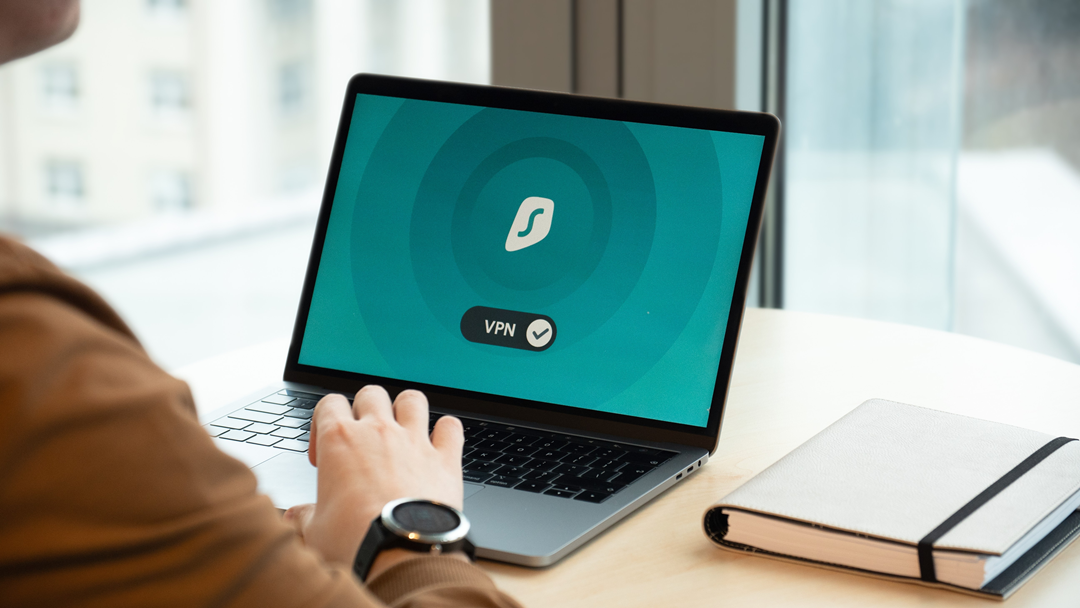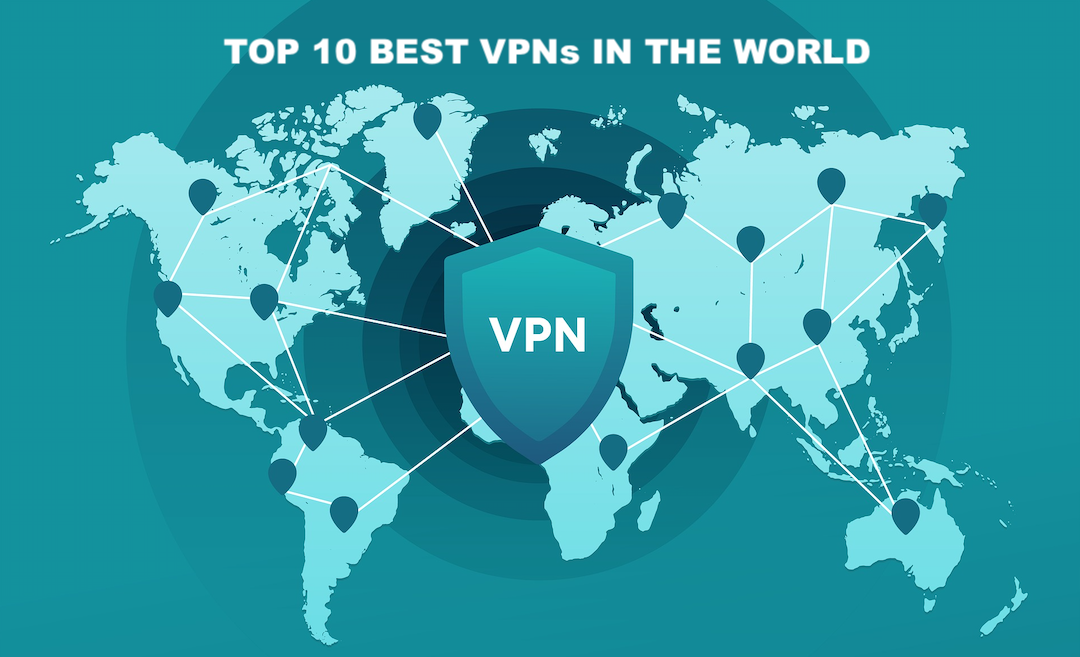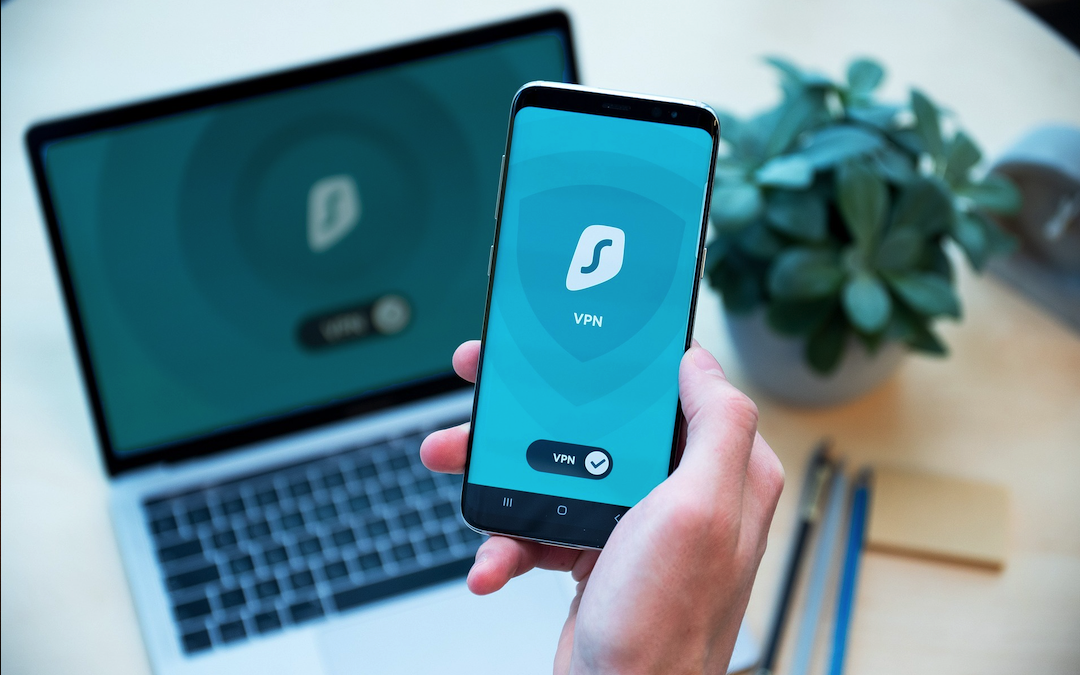
Small businesses face a myriad of challenges from safeguarding sensitive data to protecting remote workers. With cyber threats on the rise, maintaining robust cybersecurity measures for small businesses is very costly. Virtual Private Networks (VPNs) offer a cost-effective solution to enhance security while maximizing efficiency. In this article, we'll explore the benefits associated with implementing VPNs for small businesses.

